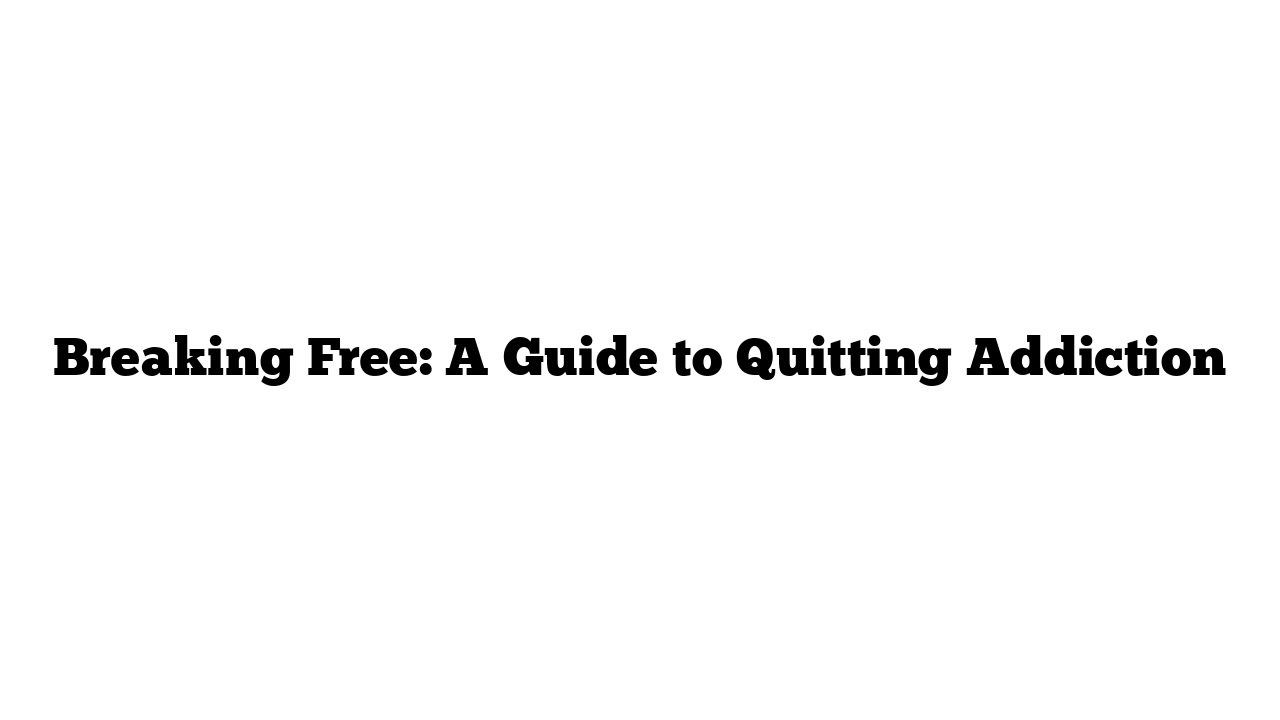Understanding Addiction
In today’s fast-paced world, addiction is everywhere. It’s not just about drugs or alcohol; it’s about our dependence on stimulation every second of the day. Have you ever tried to eat a meal without watching a video? This constant craving for instant gratification can lead us down a dark path, turning us into someone we don’t want to be.
But here’s the good news: by avoiding these destructive habits, we can become more productive, confident, and ultimately happier.
The Brain’s Reward System
To break free from addiction, we first need to understand how it works in our brains. Addiction primarily affects our brain’s reward system. When we engage in pleasurable activities—like eating chocolate, playing video games, or drinking alcohol—our dopamine levels rise, creating feelings of happiness and pleasure. However, this spike is temporary.
As the wise say, “In life, everything is temporary.” When dopamine levels peak, they will inevitably fall. After the high comes the crash, leaving us feeling tired, unmotivated, and hopeless. This cycle of seeking instant pleasure leads us deeper into addiction.
The Dopamine Roller Coaster
Dopamine, often called the “feel-good chemical,” is responsible for our pleasure and motivation. However, the more we indulge in addictive behaviors, the lower our dopamine levels drop, creating a cycle of pain and discomfort. Activities that provide quick dopamine spikes, such as playing video games or using drugs, train our brains to crave immediate rewards. This makes it challenging to enjoy activities that provide slower, more lasting satisfaction, like reading or exercising.
Steps to Quitting Addiction
Breaking free from addiction isn’t easy, but it’s possible. Here are some steps to guide you on your journey:
Step 1: Self-Awareness
The first step is to acknowledge that you have an addiction. Some may downplay their habits, saying they play video games to relax, but in reality, they might be spending hours immersed in a virtual world, harming their mental health. Recognize when a habit becomes controlling.
Step 2: Find Healthier Alternatives
After acknowledging the problem, seek healthier alternatives to fill your time. For example, if video games consume your life, consider working out. Exercise not only boosts your physical health but also releases dopamine, helping to create a more positive mindset. As you invest time in new activities, you’ll find less time for the addiction.
Step 3: Cultivate New Interests
Sometimes, simply replacing one addiction with another isn’t enough. You need to find something you can become obsessed with. This could be a hobby, a new goal, or even a creative project. Channel your energy into something that excites you, taking up mental space that was previously occupied by your addiction.
Step 4: Manage Your Moods
Be prepared for days when you feel down. During these times, it’s natural to seek instant gratification to feel better. Instead, focus on improving your mental health. Practices like meditation, gratitude, and socializing can help uplift your mood and reduce the desire for harmful habits.
Step 5: Change Your Identity
Consider this: if you want to quit an addiction, change your self-image. Imagine the person you aspire to be. If you see yourself as someone who is healthy and in control, you’ll naturally move away from habits that don’t align with that identity.
Step 6: Accept Setbacks
Lastly, remember that relapses are part of the journey. They don’t mean you have to start over completely. Instead, reflect on your progress and set new goals. If you slipped up after a week of sobriety, acknowledge that achievement and strive for two weeks next time.
Your Journey Awaits
Quitting addiction is a challenging but rewarding journey. Remember, it won’t be linear, and there will be ups and downs. The key is to stay committed to improving your life. By following these steps, you can make breaking free from harmful habits easier, allowing you to lead a more fulfilling life.
I’d love to hear your strategies for overcoming addiction in the comments below! For more insights and tips, visit medicaltimes.io.
